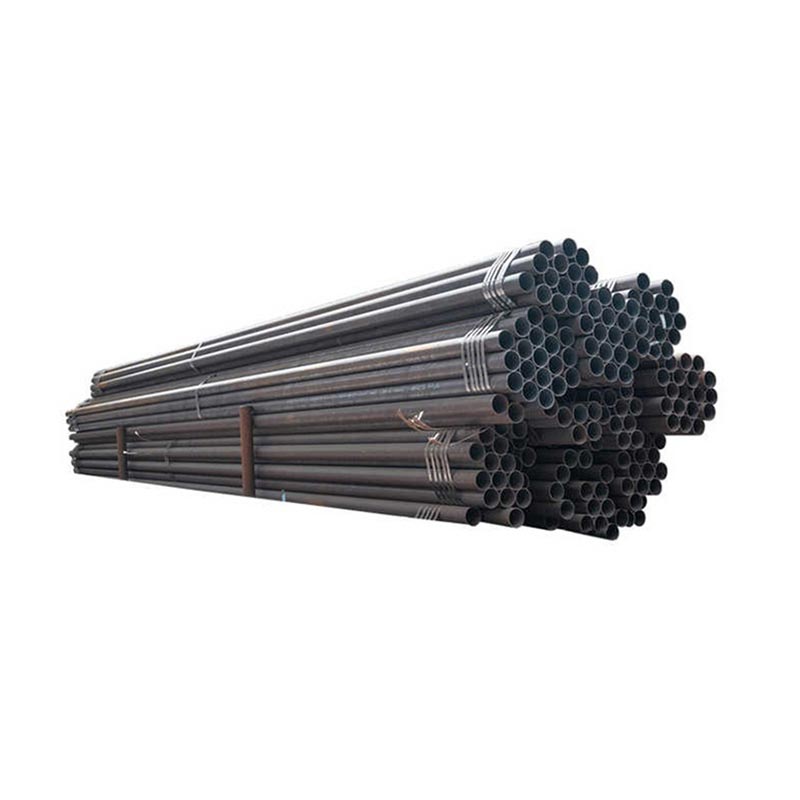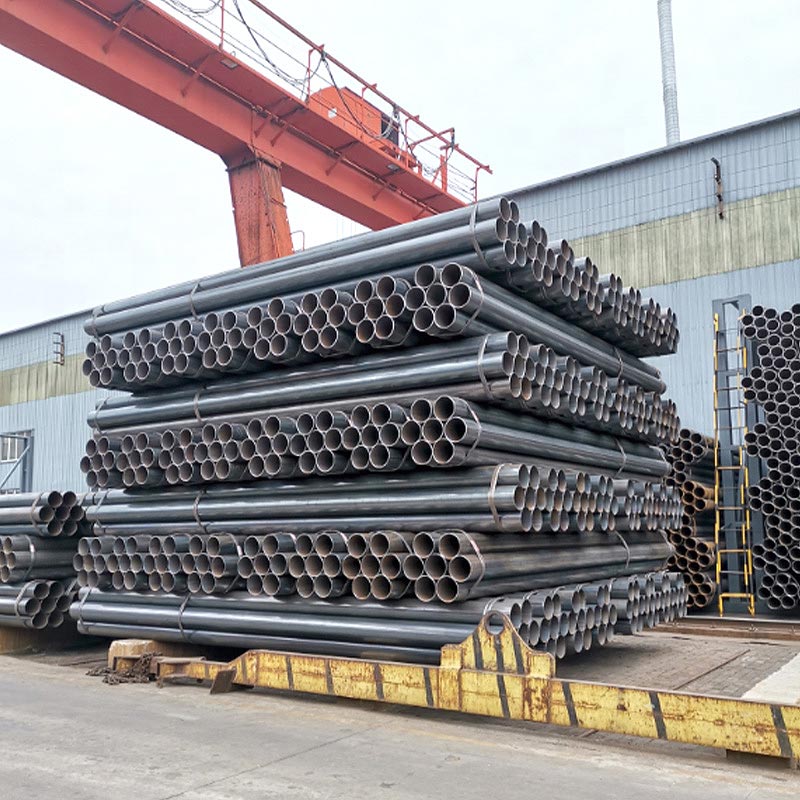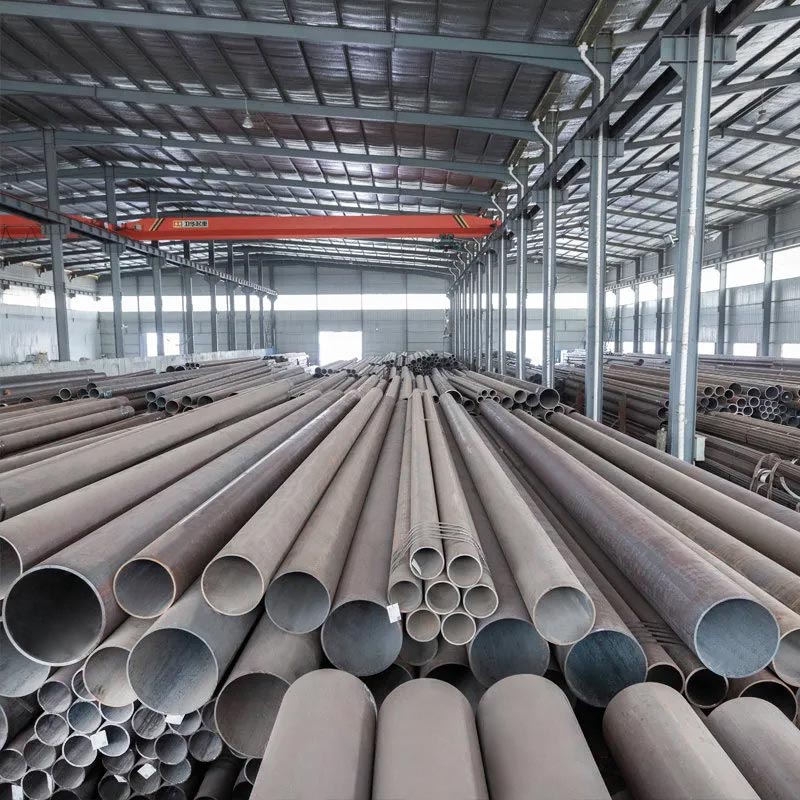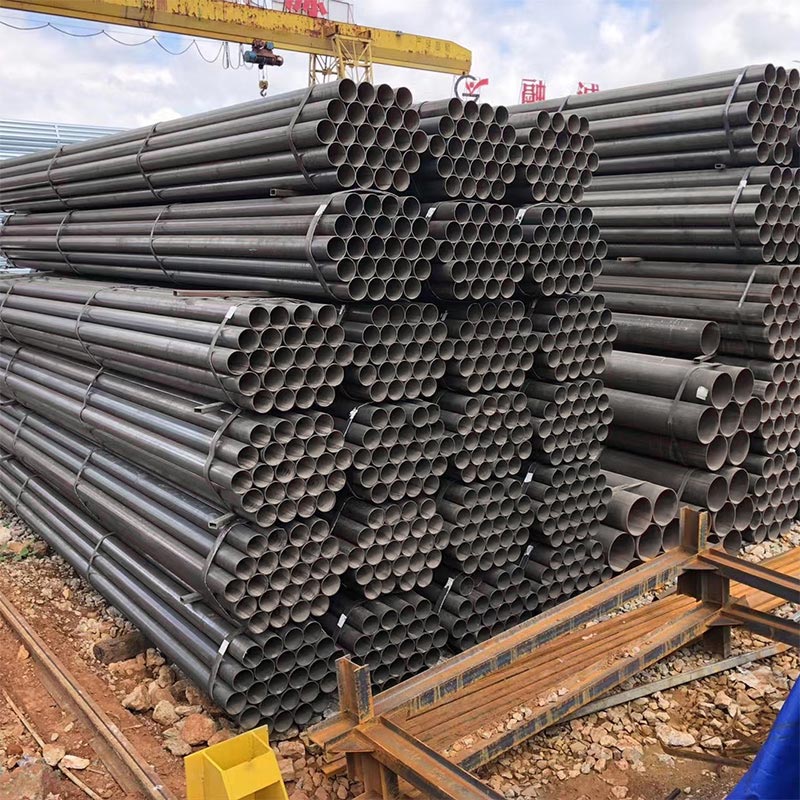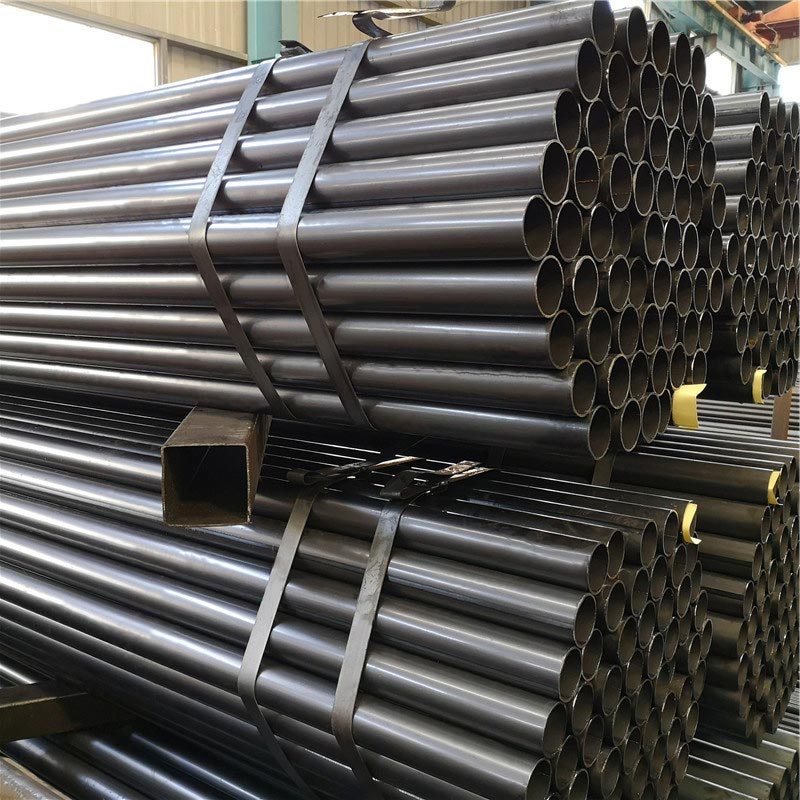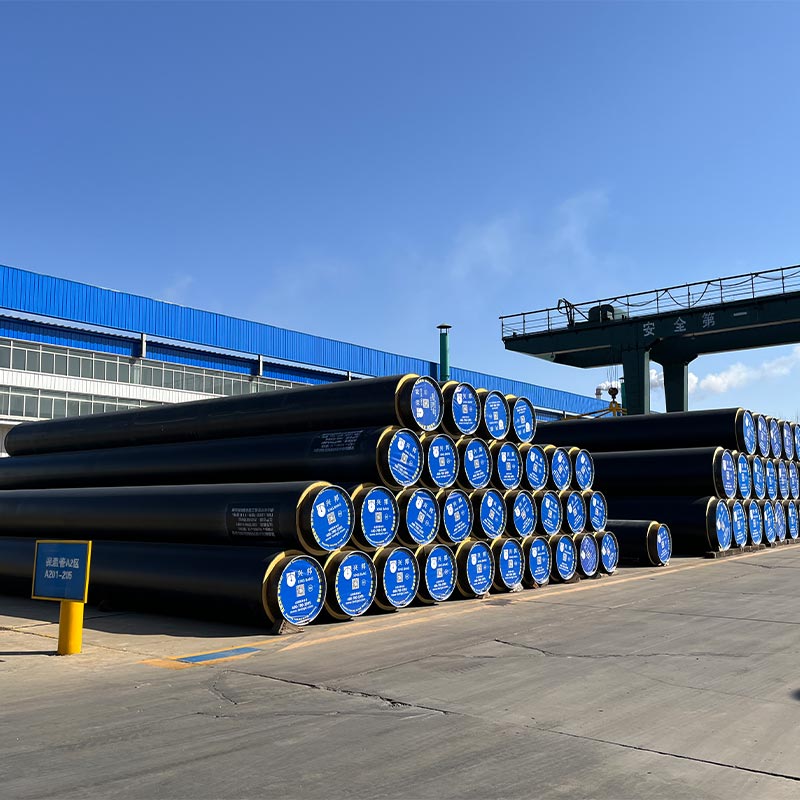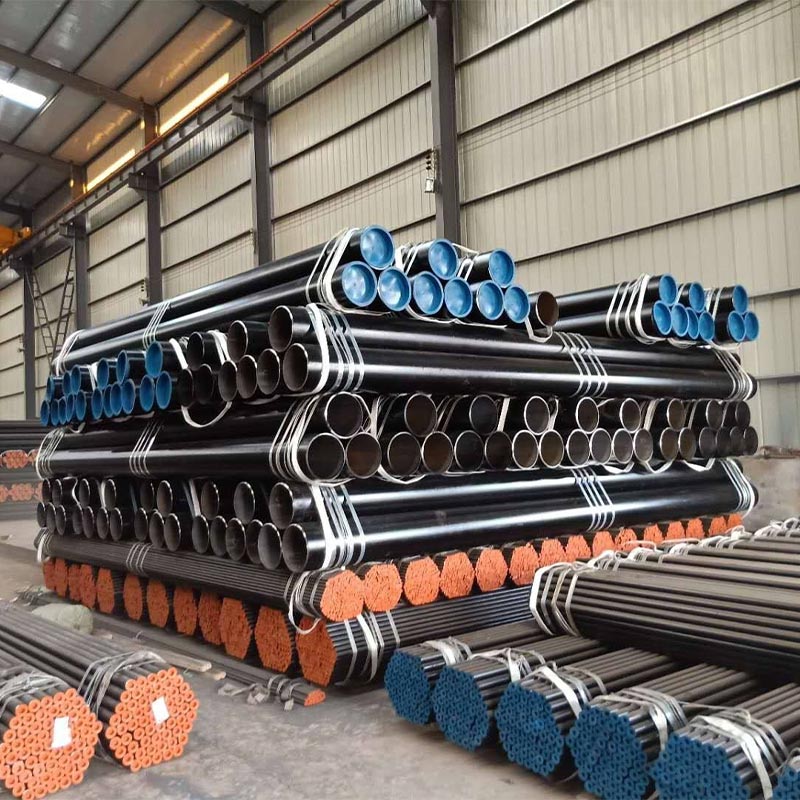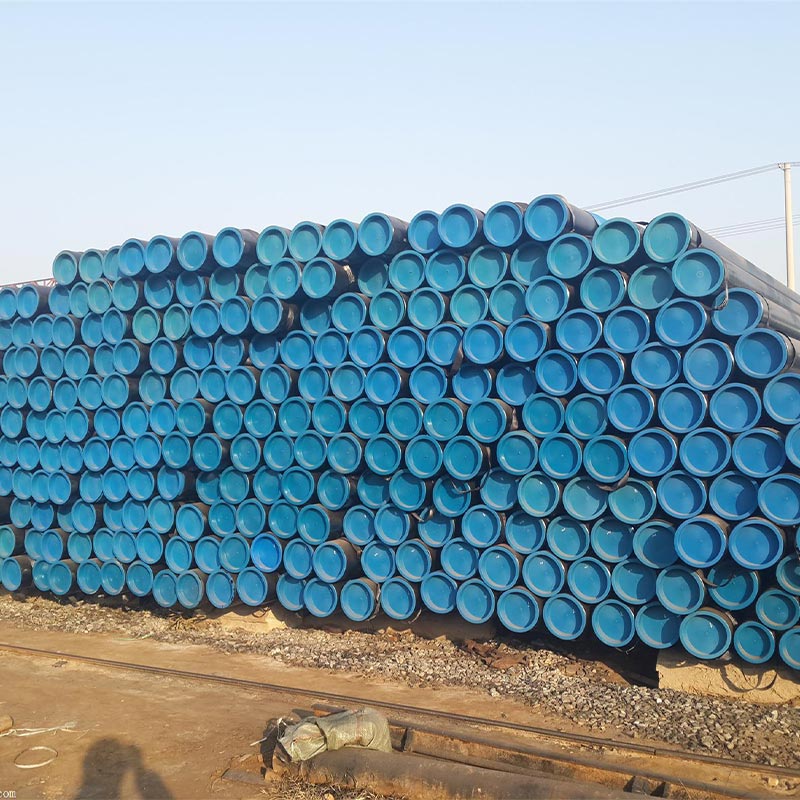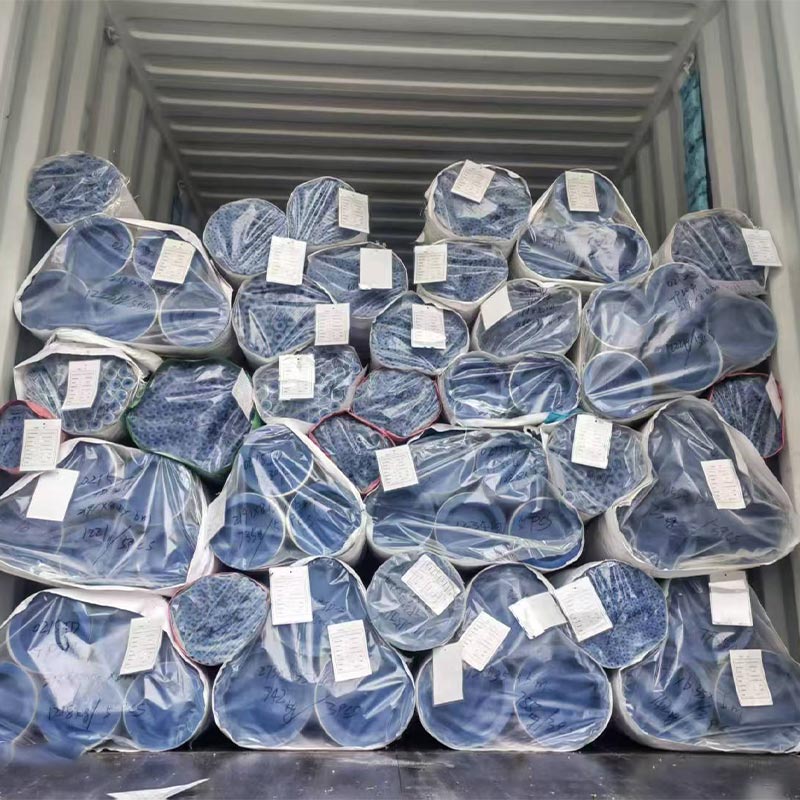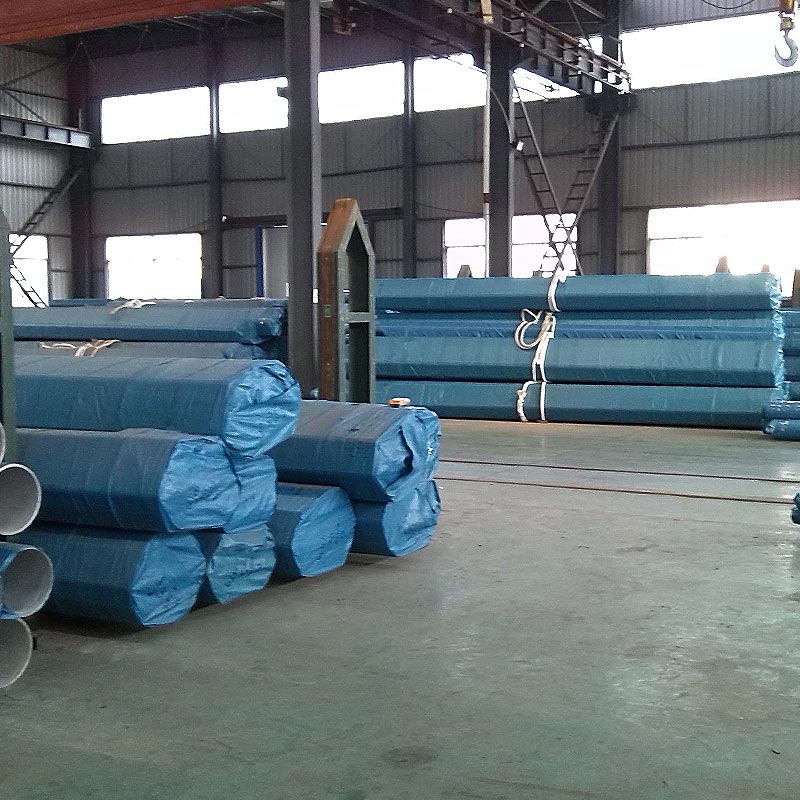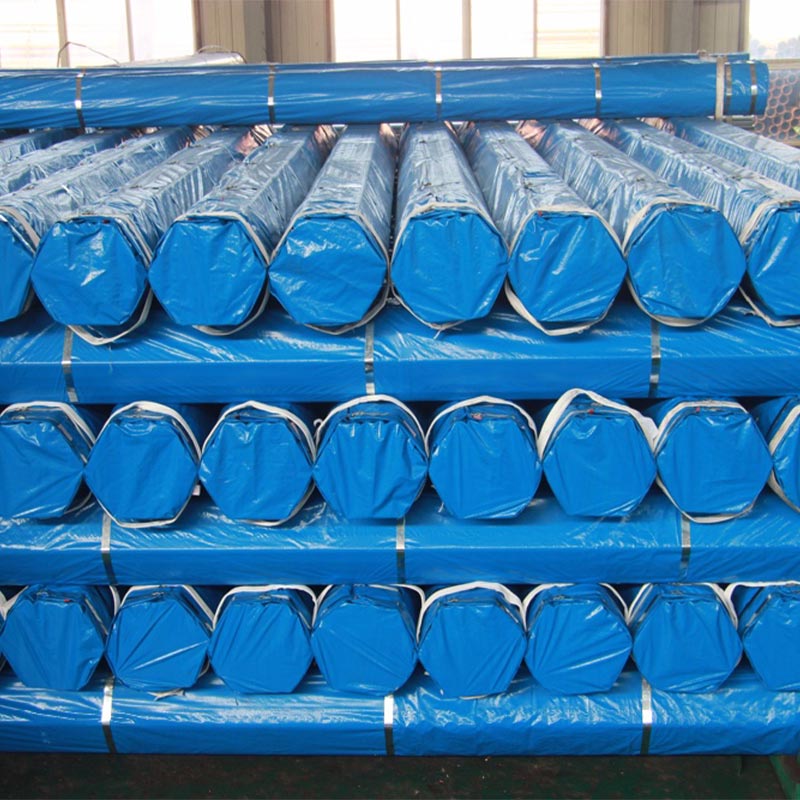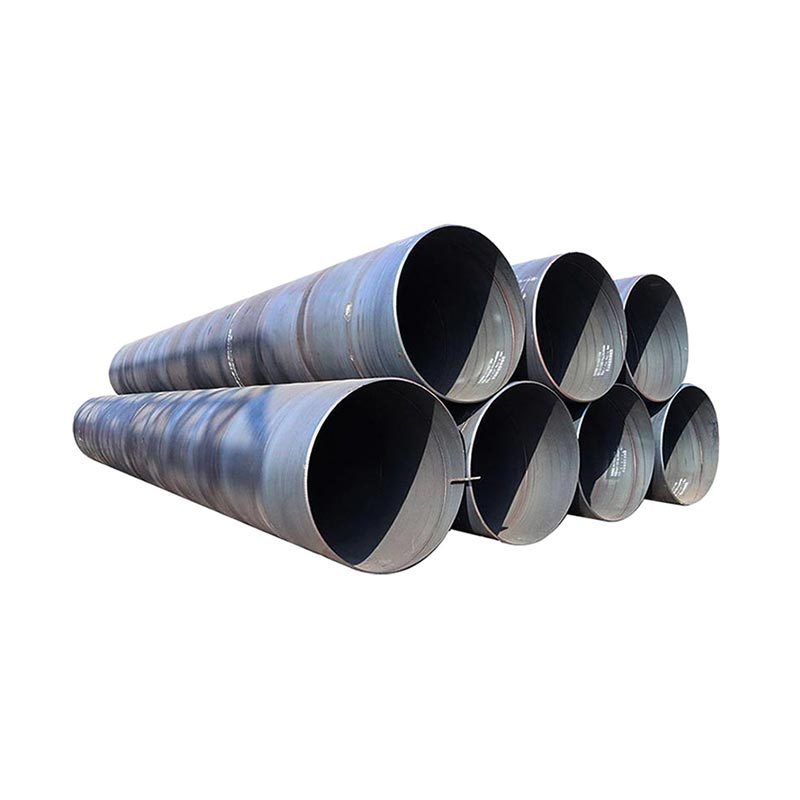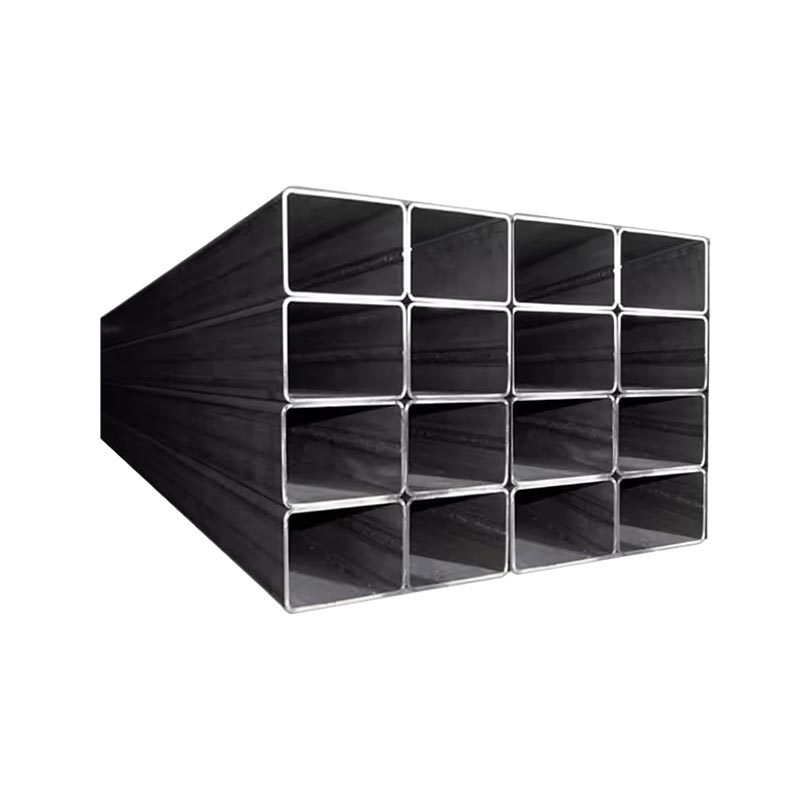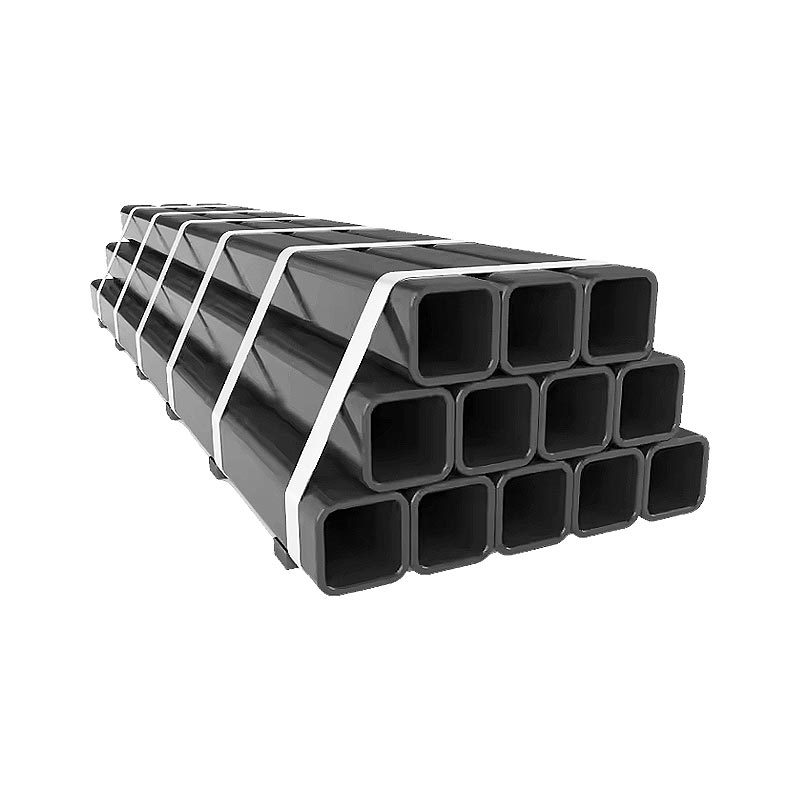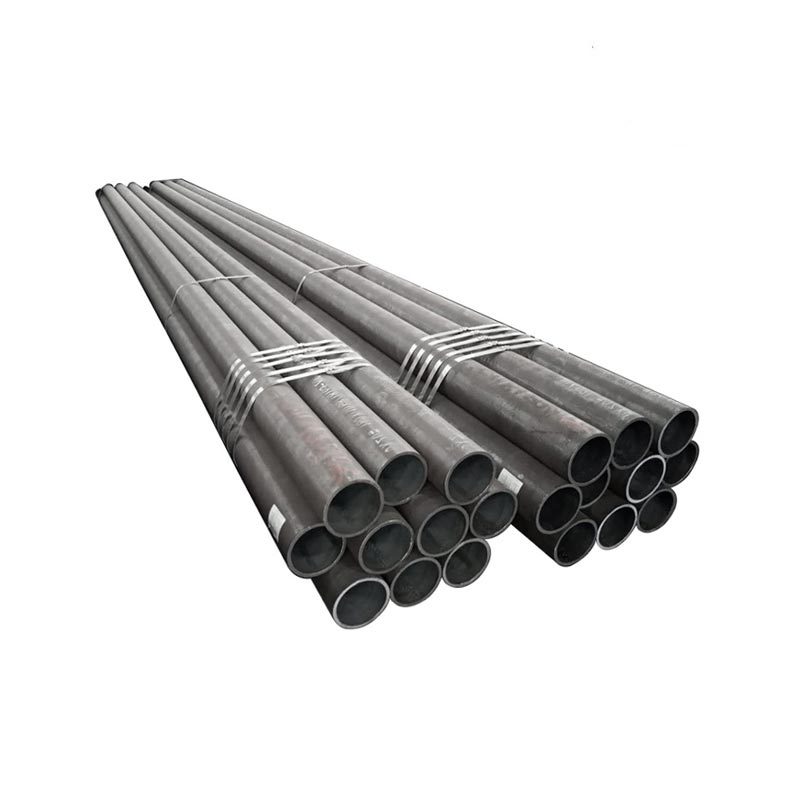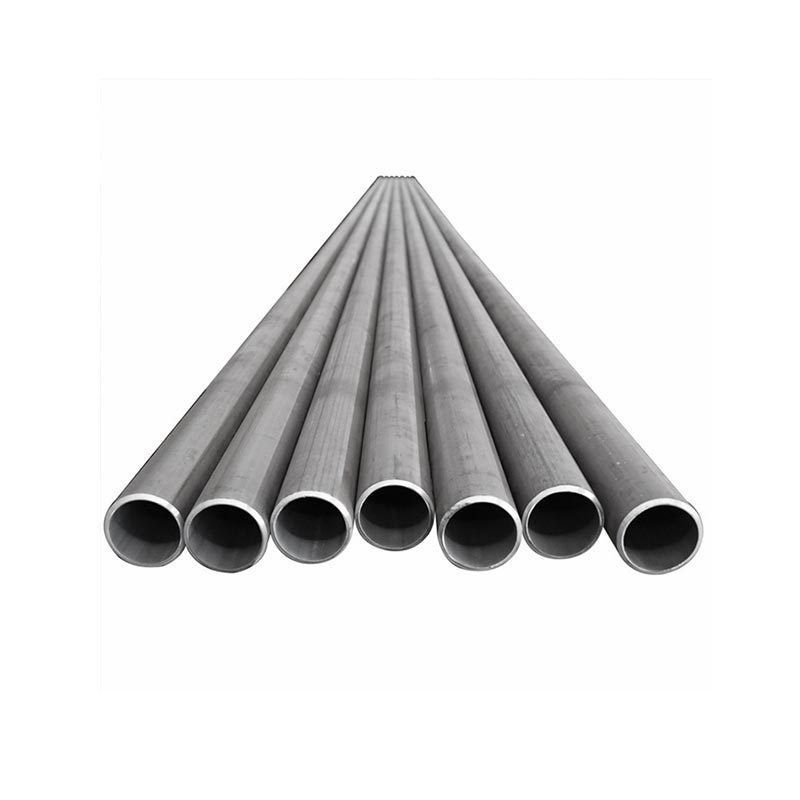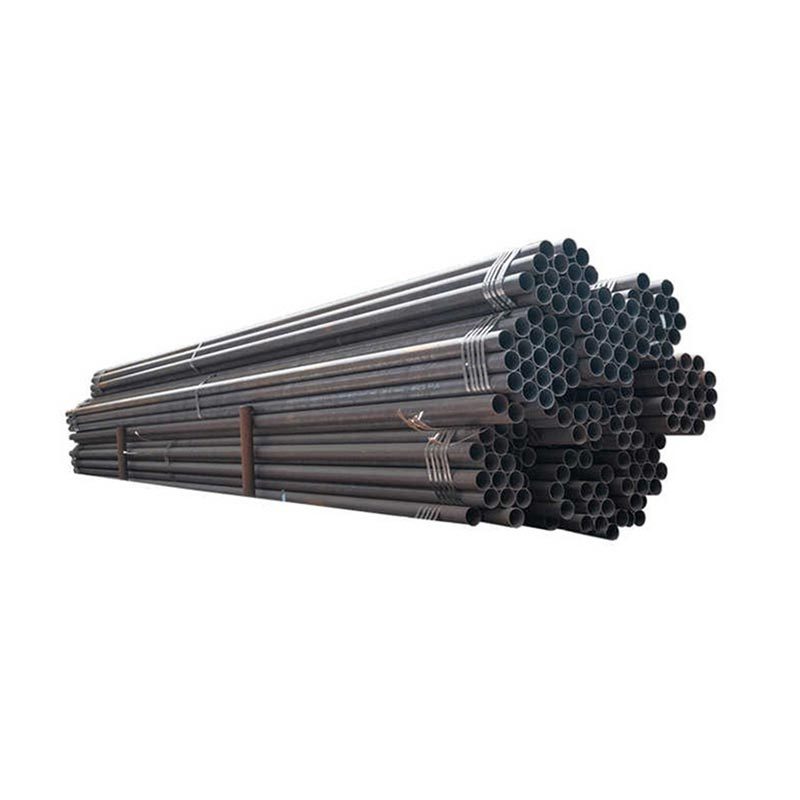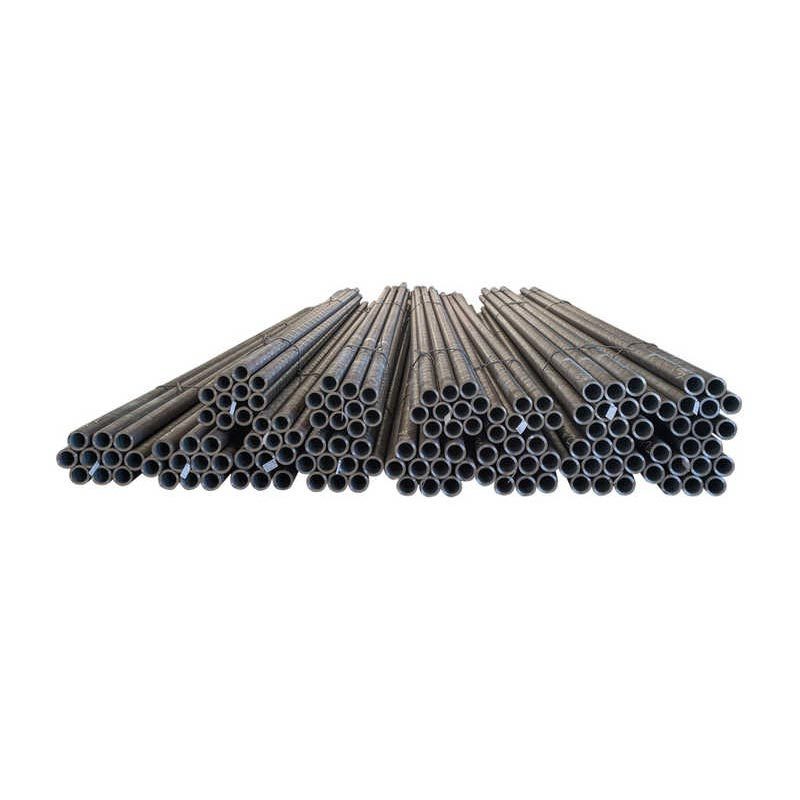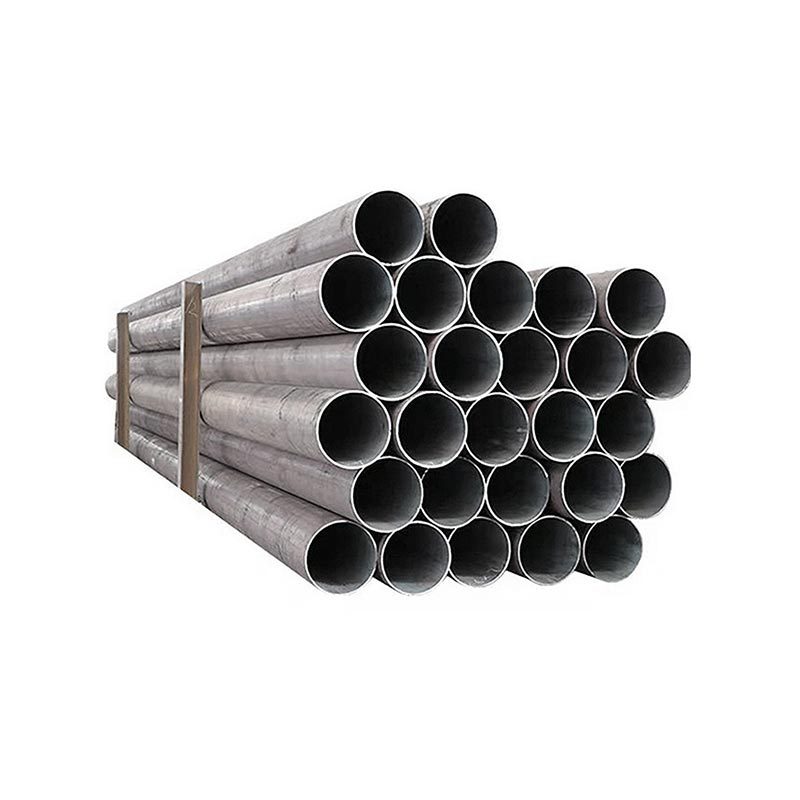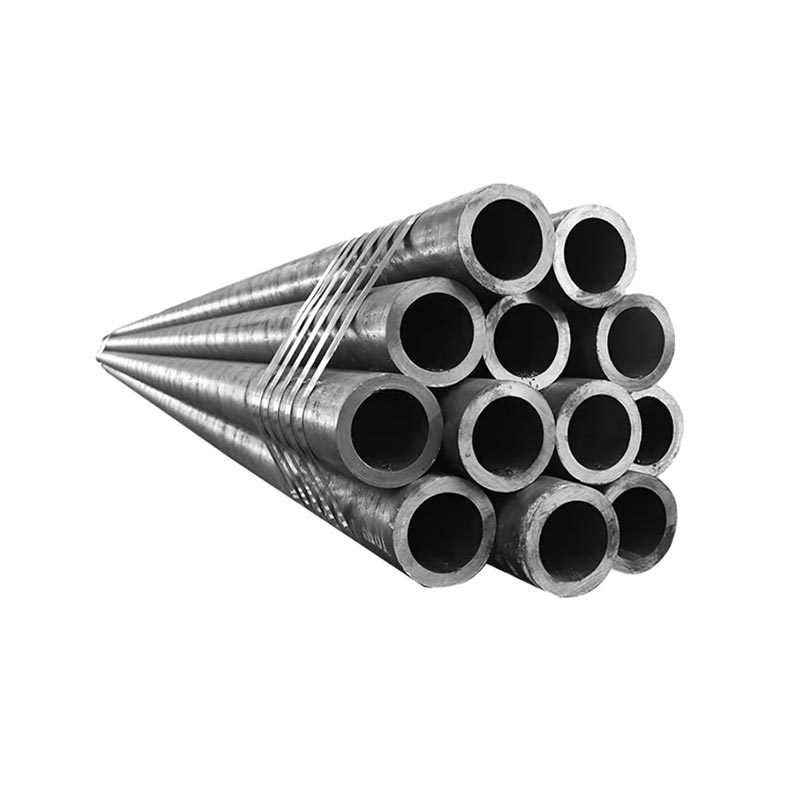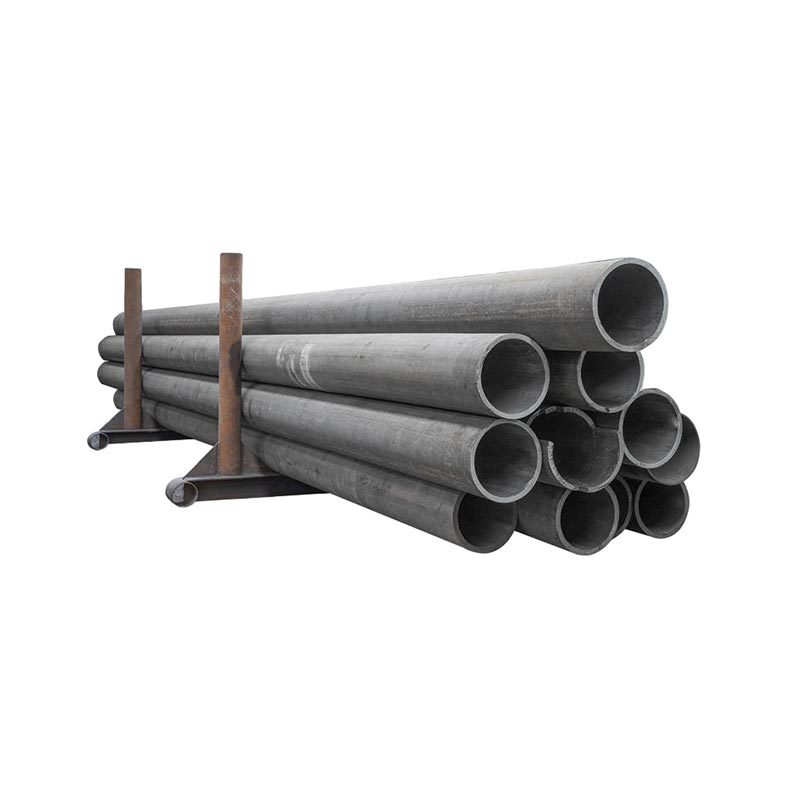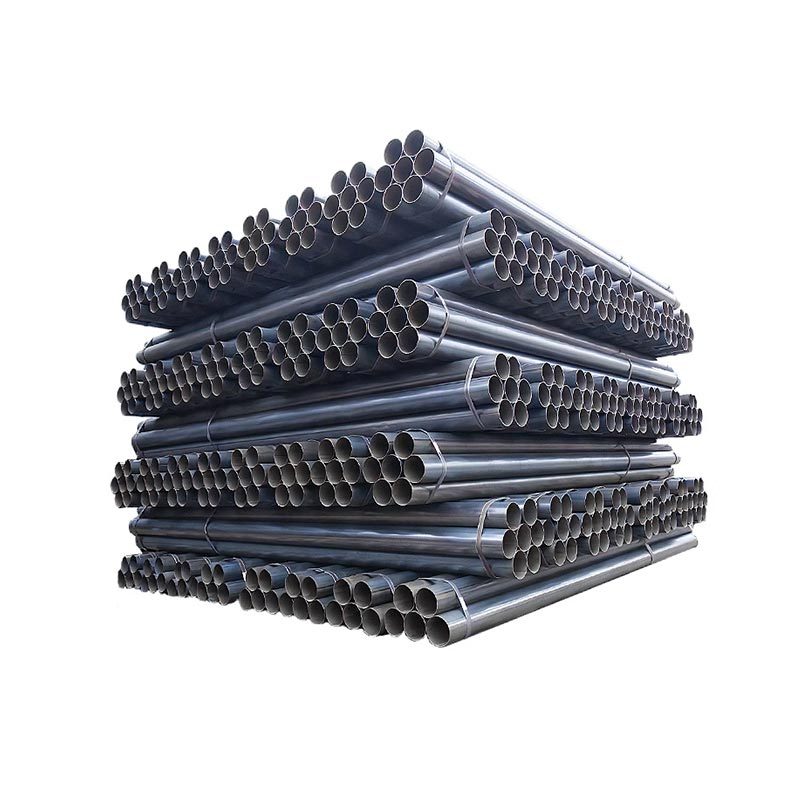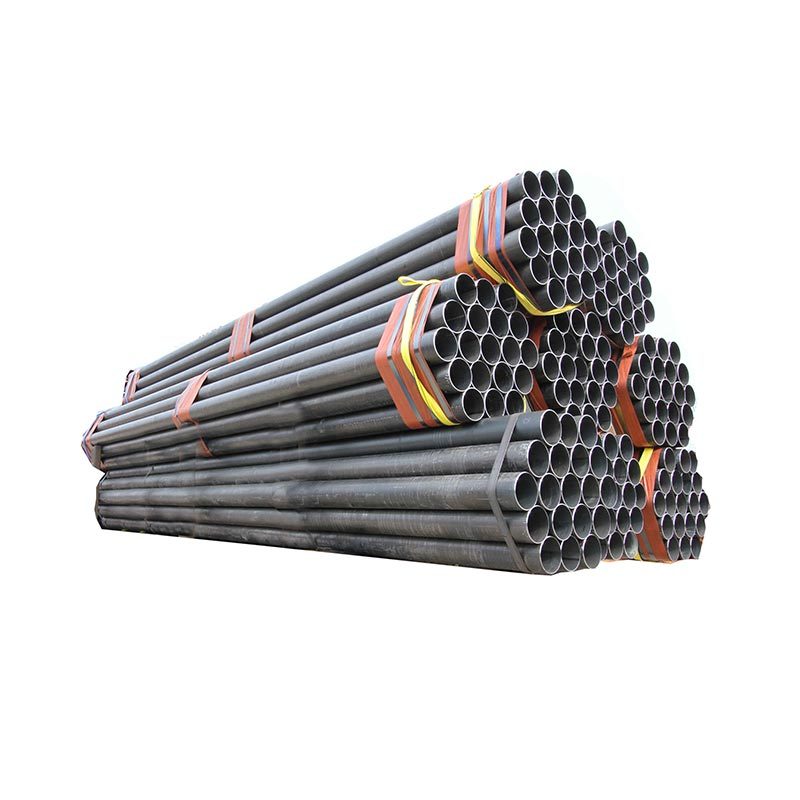Carbon Steel Pipe
● A carbon steel pipe is a cylindrical tube made from carbon steel, an alloy of iron and carbon with trace elements. Classified by carbon content (low, medium, high), it balances strength, durability, and cost-effectiveness.
● Low-carbon pipes (e.g., A53) excel in weldability and ductility, used for water, gas, or structural applications. Medium-carbon types offer higher strength, suited for industrial pipelines. High-carbon variants, though harder, are less common due to reduced flexibility.
● Widely used in construction, oil/gas, and manufacturing, these pipes come in various sizes and wall thicknesses, with seamless or welded designs, serving fluid transport and structural roles.
View Video
EN10025 S235 Carbon Steel Pipe
EN10025 S235 carbon steel pipe is a European standard structural pipe, made from low-carbon steel with good mechanical properties. It offers moderate tensile strength and excellent weldability, formability, making it versatile for general structural uses. Widely applied in construction, infrastructure, and industrial frameworks, it suits low to medium pressure systems conveying water, gas, or solids. Cost-effective and reliable, it complies with EN10025 specifications, ensuring consistency in performance for diverse engineering and building projects.
Get A Quick Quote!
You Can Leave Us A Message
or Send Us An Email!
Product Details
Product Parameters
Packaging and Transportation
Related Products
Leave Us Message
Please give us a message
What are you lookking for?

